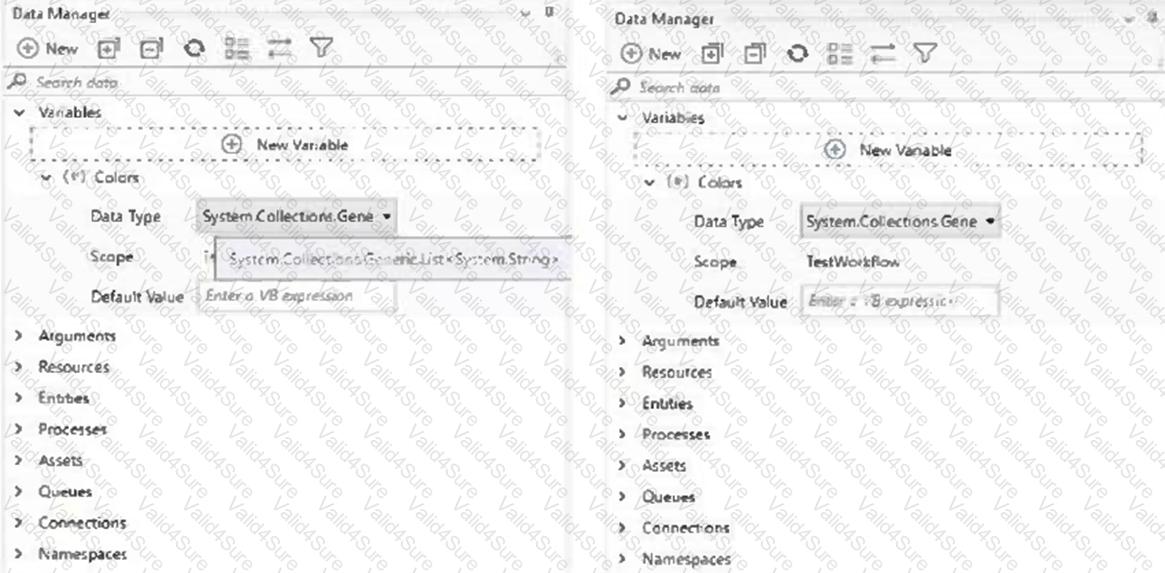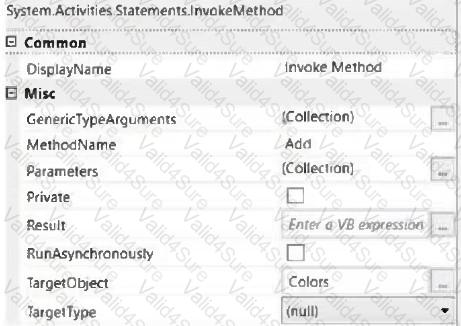UiPath-ADPv1 Exam Dumps - UiPath (ADPv1) Automation Developer Professional Exam (2023.10)
Searching for workable clues to ace the UiPath UiPath-ADPv1 Exam? You’re on the right place! ExamCert has realistic, trusted and authentic exam prep tools to help you achieve your desired credential. ExamCert’s UiPath-ADPv1 PDF Study Guide, Testing Engine and Exam Dumps follow a reliable exam preparation strategy, providing you the most relevant and updated study material that is crafted in an easy to learn format of questions and answers. ExamCert’s study tools aim at simplifying all complex and confusing concepts of the exam and introduce you to the real exam scenario and practice it with the help of its testing engine and real exam dumps
A developer is building an automation that must interact with a destination remote computer reached by jumping through multiple RDP connections, as described by the following scenario:
- The Robot is installed on Machine A, which connects through RDP to Machine B.
- From Machine B another RDP connection is opened to Machine C, where the automation must be performed.
Which of the following scenarios is appropriate for the developer who wants to use UI Automation activities?
A developer wants to add items to a list of strings using the Invoke Method activity. The list is declared as follows:

The Invoke Method activity has the following properties:

The Parameters property is as follows:

Based on the information shown in the exhibits what is the outcome of the Invoke Method activity?
Which LINQ method is used to filter data in a List or DataTable based on a condition?